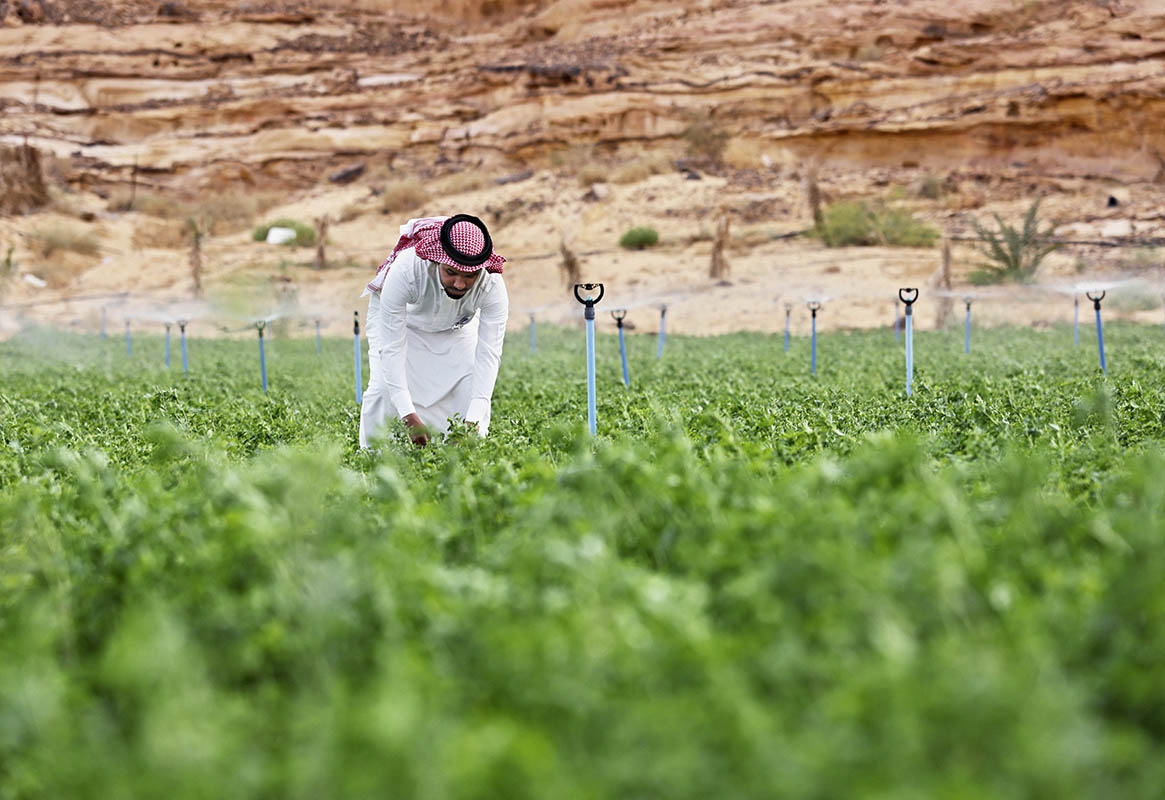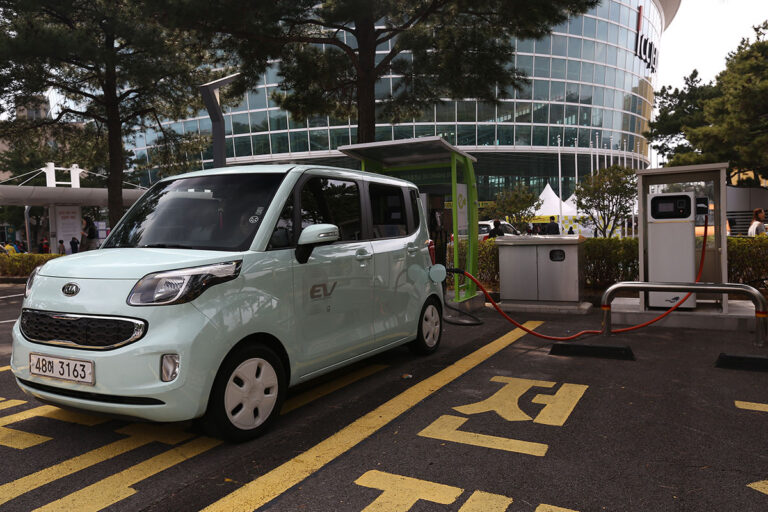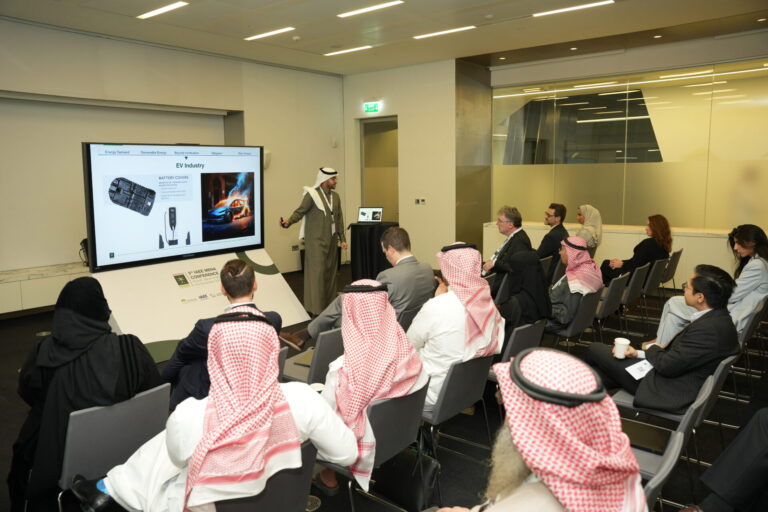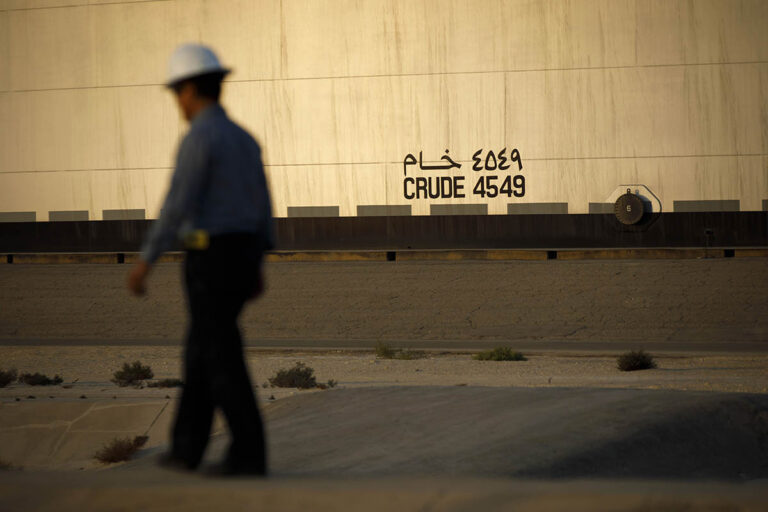While limited water supplies have always been a challenge in the Middle East and North Africa (MENA) region, a bigger threat is expanding demand. A study published in Frontiers in Environmental Science warns that water scarcity will intensify by the end of the century, potentially leading in some countries to an earlier substantial drop in agricultural production by 2050 due to dwindling groundwater resources.
“Scarcity does exist, and is expected to grow substantially into the future,” says KAPSARC’s Mohamad Hejazi, who led the study. “The notion of abundant groundwater resources as a silver bullet is questionable, and we should plan for that [scarcity] future in the region.”
The study, which used an integrated assessment model to analyze the impact of different water-availability scenarios on energy and agriculture in MENA, urges regional policymakers to take a holistic view of water management.
“What we show is that as you keep pumping [water] the cost associated with that resource is going to be more and more expensive and at some point, it will limit the ability to meet the water needs especially for agriculture.”
Mohamad Hejazi
Given the rising demand, the question of whether meeting the growing needs for water, energy and food is viable becomes paramount; as well as the cost of doing so. The study analyzes not only the availability of water, but also the associated cost of extraction and the ramifications of this on a country’s ability to generate the needed food and energy.
“What we show is that as you keep pumping [water], the cost associated with that resource is going to be more and more expensive and at some point, it will limit the ability to meet the water needs especially for agriculture,” explains Hejazi.
The analysis highlights the need to reduce MENA’s agricultural and energy sectors’ dependence on water, and the importance of transitioning to less water-intensive crops and technologies.
Hejazi and his colleagues advise that efficiency is the first course of action and the one strategy that can make a substantial difference. “Taking a more holistic view of how we think about meeting the different sustainability development goals is critical. There are goals for climate action, water access and affordable energy; any country has to ensure that the prices are affordable, and that poverty is being combated,” he concludes.
Reference
Hejazi, M.; Da Silva, S.; Miralles-Wilhelm, F.; Kim, S.; Kyle, P.; Liu, Y.; Vernon, C.; Delgado, A.; Edmonds, J. and Clarke, L. Impacts of water scarcity on agricultural production and electricity generation in the Middle East and North Africa. Front. Environ. Sci. 11 (2023) | Article




